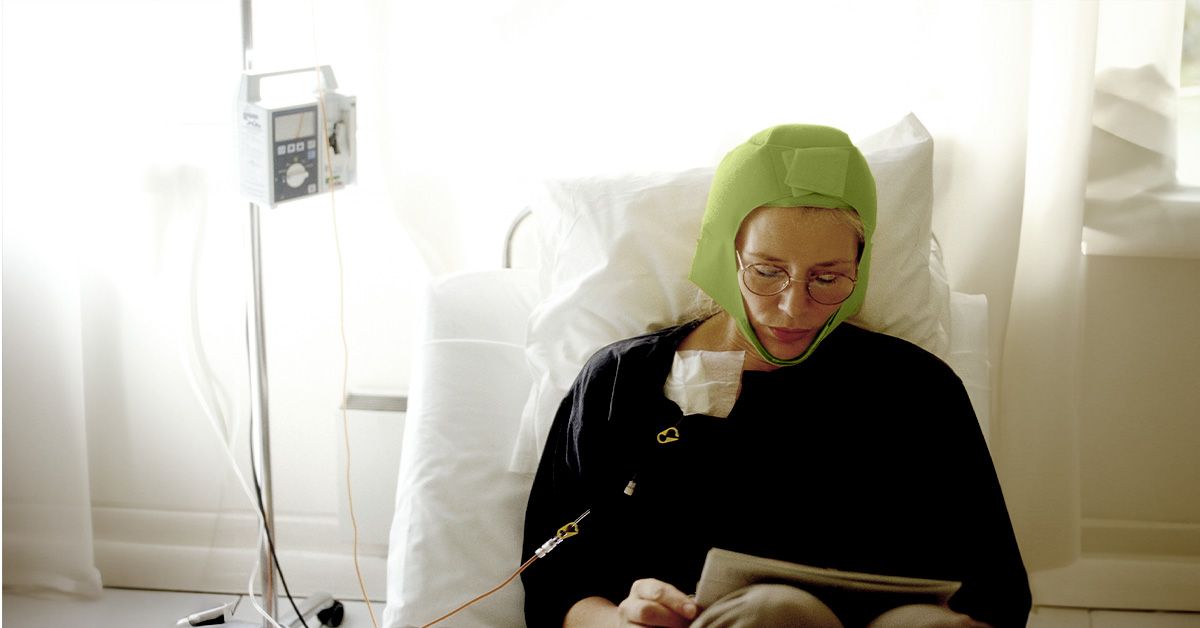Lung cancer is a major cause of all cancer-related deaths, with treatment options including surgery to remove cancerous cells from the lungs. Researchers aim to find the best treatment options to improve survival rates. A recent study published in The New England Journal of Medicine found that providing immunotherapy pre- and postsurgery helps improve survival rates compared to only receiving chemotherapy before surgery. Surgical interventions have shown to improve survival rates, particularly when the disease is caught early.
One of the most common types of lung cancer is non-small cell carcinoma (NSCLC), often caused by smoking. Treatments for NSCLC may involve cutting out parts of the lung to remove cancerous cells, with chemotherapy or radiation following surgery to reduce the chances of cancer returning. Immunotherapy is a common treatment for lung cancer, using monoclonal antibodies to destroy cancer cells. The CheckMate 77T trial studied the use of nivolumab for people with operable non-small-cell lung cancer who had not received previous systemic anticancer treatment. Participants who received nivolumab showed improved event-free survival and a higher likelihood of a complete pathological response.
The study included 461 participants with operable non-small-cell lung cancer who were randomized to receive nivolumab or placebo. The nivolumab group received the treatment and chemotherapy before surgery, while the control group received placebo and chemotherapy every three weeks for four cycles. After surgery, the nivolumab group continued receiving nivolumab for a year, resulting in superior outcomes compared to the chemotherapy group. Event-free survival at 18 months was significantly higher in the nivolumab group, with a quarter of participants experiencing a pathological complete response. The study offers hope for improving survival rates for this deadly form of cancer.
While the results of the study are promising, there are certain limitations to consider. The study focused on a specific cancer type, so the results may not apply to other cancer types. Additionally, less than 40% of participants completed a full year of nivolumab treatment post-surgery, which could have impacted the results. The study also lacked diversity, with Black participants being underrepresented. With about 70% of participants being male, future research could include more female participants. Despite these limitations, the study suggests a significant advancement in the treatment of resectable lung cancer using immunotherapy, with the potential for rapid adoption by cancer treatment providers.
In conclusion, the use of immunotherapy such as nivolumab in combination with chemotherapy before and after surgery has shown to improve event-free survival rates for patients with operable non-small-cell lung cancer. This approach offers new hope for increasing survival rates and achieving a complete pathological response in patients with resectable lung cancer. Further research and diverse participation are essential to validate and generalize these findings to improve outcomes for lung cancer patients worldwide. The study marks a significant step towards changing the standard of care for stage II and III resectable lung cancer patients, with potential implications for patients’ survival and quality of life.










